About 40% of the people that live in the United States – the situation in other industrialized countries is not very different – develop at least once in their lives cancer and although the 5-year survival rate has drastically increased for various types of cancer in the last years as a result of new cures and more efficient treatment, it is still the single most important lethal disease beside heart and coronary-related diseases. Almost anyone of us, even when we are lucky and never get ill from cancer ourselves, have a close person that is or will be ill with this life-threatening disease. Apart from the medical aspects, the main question in this context is: how are we dealing with such a diagnosis? And on a more philosophical level: how are we coming to terms with our own mortality in the face of cancer?
Christopher Hitchens was a kind of rock star among the journalists in the Anglo-Saxon world. He was an extremely prolific author on various topics, editor and contributor to the most important and intellectually most stimulating periodicals, author of about 25 books. His most popular works are probably his autobiography Hitch-22, his critical essay about Mother Teresa The Missionary Position, his attack on Henry Kissinger whom he considered a war criminal in The Trial of Henry Kissinger, and his book against religions God is Not Great. There was hardly any public debate which didn’t see Hitchens involved, his outspokenness, his quick-wittedness, his intelligence and charisma, and his ability to write a light-hearted yet passionate prose that gave every reader the feeling that Hitchens was speaking to him personally made him a unique figure with many devoted readers, but also with many opponents or even enemies.
On June 8, 2010, while on a book promotion tour for his book Hitch-22, Hitchens felt suddenly an excruciating pain in his chest and thorax. A medical emergency team arrived at Hitchens’ hotel room and brought him to the hospital.
“I had the time to wonder why they needed so many boots and helmets and so much heavy backup equipment, but now that I view the scene in retrospect I see it as a gentle and firm deportation, taking me from the country of the well across the stark frontier that marks off the land of malady.”
From now on, Hitchens was an inhabitant of what he calls “Tumortown”. With his usual professionalism he decided to write about his experience and the book Mortality we have in our hands as readers is the result of this professional approach. The book is a slightly edited version of a series of articles that appeared during Hitchens’ illness in Vanity Fair, a last chapter written by him consists of aphoristic jottings that are related to the text of these articles but which the author could not edit – Hitchens died on December 15, 2011 from esophageal cancer.
Although the book doesn’t hide the authors’ sufferings, his hopes for a successful treatment, his ordeal of going through a long series of chemotherapies, it is also the story of a man who doesn’t cower in the face of his fate, a man who tries to keep his dignity until the very end.
The most interesting parts of the book were for me those pages in which the author describes how the cancer affected his relation to the people around him, particularly to his family and close friends. Another strong part of the book is the description of the stages through which probably each mortally ill person has to go. And it is probably very good when one can – like Hitchens – answer the question “Why me?” very quickly with a “Why not?”, and focus on more important questions and problems. Cancer is for sure not a punishment for allegedly committed sins, even when some disgusting fundamentalist pseudo-“Christian” activists were cheering loudly when the cancer diagnosis of Hitchens became public.
One of the really fascinating parts of the book deals with what the author calls “cancer etiquette”. How should we talk to a cancer patient? What kind of remarks are appropriate, what kind are not? Too much interest in the details of the disease and the state of affairs of the patient can be really painful for the ill person – but too little interest as well. How to keep the right balance? Also the question if we should pray for a sick person and let him/her know it is rather tricky – in particular when the patient is like Hitchens an atheist.
The chapter that deals with Hitchens’ atheism was for me the least interesting. Also in his other books where he was attacking religions or religious leaders, it was never clear to me why he took anecdotal evidence of misbehaviour of clerics, or any religiously motivated violence as a proof for the non-existence of God. Not that I cannot understand someone who is an atheist, but Hitchens’ line of argumentation seemed to me always rather shallow, and his description of the famous bet by Blaise Pascal is completely misrepresenting the brilliant French mathematician and believer. (I admit that I disagree with quite a lot of Hitchens’ standpoints, and found his unconditional support of the Iraq war as shameful as some of his radically anti-Zionist statements that crossed in my opinion the line to anti-Semitism.) I cannot blame Hitchens for not reflecting the fact that he – in possession of health insurance, and as a personal friend of leading scientists – was in an extremely privileged position; millions and millions of Americans would not have the slightest chance to get even basic tests performed on them in absence of health insurance; also his rather undifferentiated condemnation of people who oppose the “use” of human embryos for the purpose of medical research was understandable for me – but the ethical dilemma in that field was something Hitchens obviously could not see. But who am I to blame a person who is desperate to prolonging his life for such a point of view!
Who wants to understand how the world looks like for an intelligent person after the diagnosis “cancer” should read Mortality. It is – despite the above mentioned reservations – an honest, thought-provoking book. The same cannot be said for all books written from first-hand experience; Hitchens mentions Randy Pausch’s The Last Lecture as a bad, “sugary” example:
“Pausch used to work for Disney and it shows.”
Mortality may not be an uplifting read; but a necessary one.
Christopher Hitchens: Mortality, Twelve, New York 2012
Randy Pausch: The Last Lecture, Hachette 2014
see also:
Oliver Sacks: My Own Life, The New York Times, Feb.
Fritz Zorn: Mars, Kindler, München 1977 (in German)
Wolfgang Herrndorf: Arbeit und Struktur, blog 2010-2013 (in German)
© Thomas Hübner and mytwostotinki.com, 2014-6. Unauthorized use and/or duplication of this material without expressed and written permission from this blog’s author and/or owner is strictly prohibited. Excerpts and links may be used, provided that full and clear credit is given to Thomas Hübner and mytwostotinki.com with appropriate and specific direction to the original content.

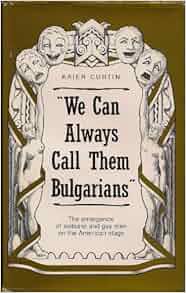
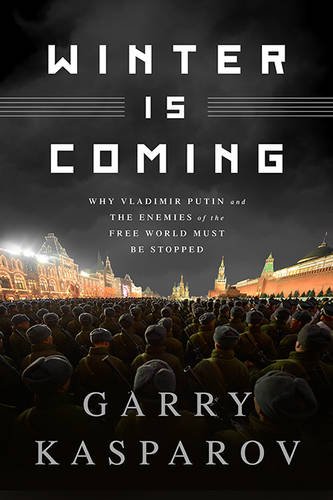
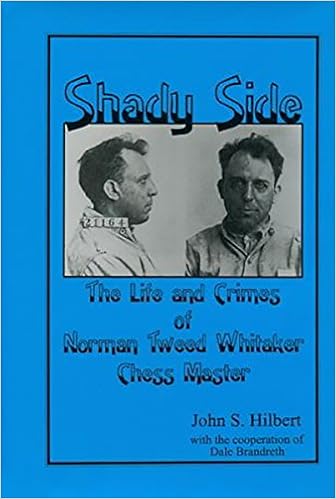
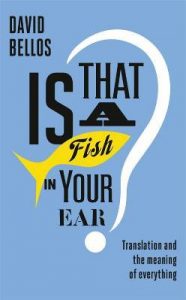
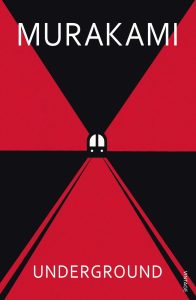


 Facebook
Facebook RSS
RSS Twitter
Twitter